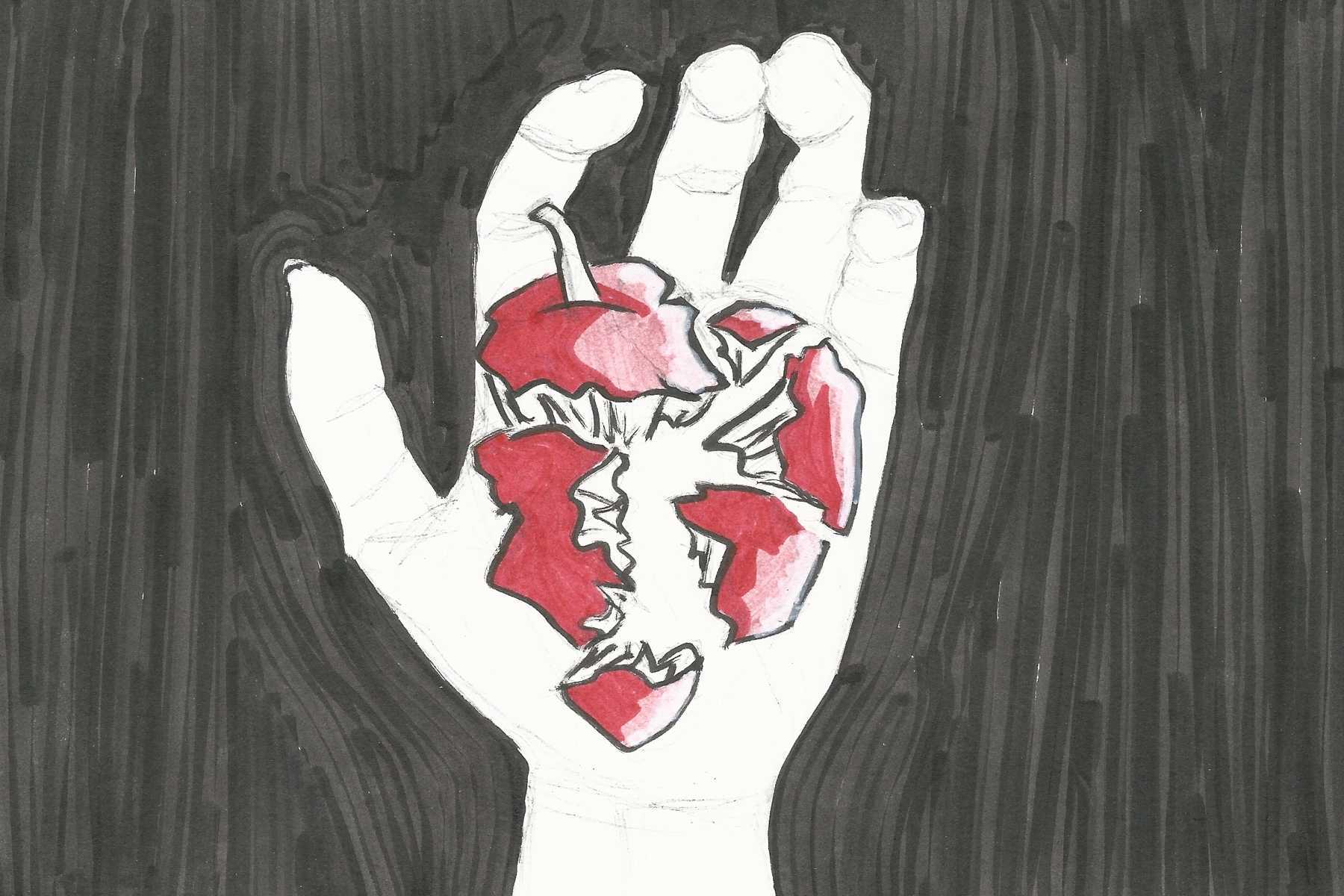The Quileute Tribe, perhaps known by some for its role in “Twilight,” has lived in the Olympic Peninsula for thousands of years and has survived decades of forced Anglo American conditioning, including compulsory attendance at boarding schools, religious conversion and the overall stripping of indigenous identity.
Fishing is the Quileute people’s central way of life: They consider themselves “stewards of the coast” and are integral members of a commercial fishing department that works with the Northwest Indian Fisheries Commission. They have survived off of catching smelt, salmon, seals and whales.
Yet, most outsiders lack knowledge of the tribe outside of its role in the famous book and movie franchise.
As many people are aware, “Twilight” is a young adult supernatural romance novel written by Stephanie Meyer that centers around the love affair of a mundane human teenager, Bella Swan, and the sparkly heartthrob vampire Edward Cullen. As the series grew on paper and then on the big screen, “Twilight” mania rapidly spread.
The books and movies were especially well-received by young girls, myself included, and the franchise was propelled into a multimillion-dollar industry by our fanaticism.
I definitely contributed to this production. I remember obsessively re-reading the series to the point of memorization, lining up for midnight movie releases and repeatedly watching the same interviews and behind-the-scenes content. The “Twilight” phenomenon had successfully overtaken my life, just as it had for millions of other impressionable young people.
Due to all the mainstream popularity that the franchise gained, everyday names and places began to become intertwined with fantasy. This practice included the Quileute tribe and their supposed legends.
In “Twilight,” the Quileute people are known for having a long-standing treaty with the vampire coven living in Forks, Washington. The tribe is portrayed as shapeshifting werewolves, whose purpose in the story is to raise tensions for the Cullens and provide a secondary love interest for Bella via tribe member Jacob Black.
With Meyer’s more cavalier approach to the Quileute’s folklore, she created a fictitious narrative of the indigenous people by sensationalizing their legends to better sustain her supernatural teen love story and dismiss the tribe’s core values as real-life people.
During the height of “Twilight” fame, the reservation received an influx of tourism, which led to mixed results for the locals of La Push.
In 2012, Ann Penn-Charles, a Quileute tribe member, described her surprise at the young “Twilight” fans coming to visit the reservation. She mentioned her confusion surrounding their expectations of meeting the fictional werewolf characters. “We’re used to having tourists, but we started getting younger tourists. … The elders, they said ‘Hey Miss Ann, you got to get out there and educate people that we’re really not werewolves.’”
Penn-Charles noted that the Quileute people did originate from “the wolf family and the wolf clan.” Their beliefs proclaim that the two-sided entity, Dokibatt and K’wa’iti, created the first human of the Quileute tribe by transforming a wolf.
It’s important to the Quileute people to establish themselves as human beings first; by choosing to make them imaginary creatures over real people, Meyer further alienates a surviving tribe that is already facing a society that sees them as a figment of the past.
In spite of these misrepresentations, Penn-Charles revealed how the mainstream attention did help them open sources of revenue previously closed to them.
Due to the media coverage during this time, the Quileute tribe was able to finally win back a fraction of their former land that was relinquished in 1855 to the U.S. government in exchange for fishing rights. This gain was an amazing accomplishment, as the reservation had been confined to one square mile right on the shoreline and was in danger of being overtaken by rising water levels and dangerous weather patterns.
“It helped us. It helped us a lot to push Congress and the House.” Penn-Charles expressed her gratitude for the exposure.
However, this win was only a partial victory since the Quileute tribe is still struggling to find the means to relocate a large portion of their properties.
Unfortunately, no compensation was awarded to the tribe, despite the creative liberties that Meyer took to portray the small population in “Twilight.” Despite numerous scenes and merchandise featuring the glamorization of their culture, any rights to the content relating to the Quileute wolfpack still belongs to Meyer and Summit Entertainment.
Now, with the announcement of the Aug. 4 release of “Midnight Sun,” I am especially reminded of how easy it would be to fall back into the world of “Twilight.”
I have been aware of the problematic nature of this series for many years now and can acknowledge the controversial undertones of the novel as an adult. Even so, I have always been protective of this franchise since it is how I discovered my love for reading and found a much-needed escape from the world.
Nevertheless, it is extremely disheartening to realize how much of a negative impact these portrayals have had on such a marginalized group of people. The unfairness and disrespect that the “Twilight” franchise has for the tribe and its history needs to be recognized. The Quileute people’s history holds much greater significance than whether someone is Team Edward or Team Jacob.
It is important to recognize the part so many of us played when supporting this series and to find ways to help now.
In 2017, the Quileute tribe began a campaign to get people to donate to their cause to move a portion of their village to higher ground to avoid damage from possible earthquakes and tsunamis. Their school is the biggest priority, and they still have yet to reach their goal.
Please, consider donating to their reservation. Even if you are still considering buying “Midnight Sun,” I would hope that you would be willing to donate the same amount to the Quileute people.
















